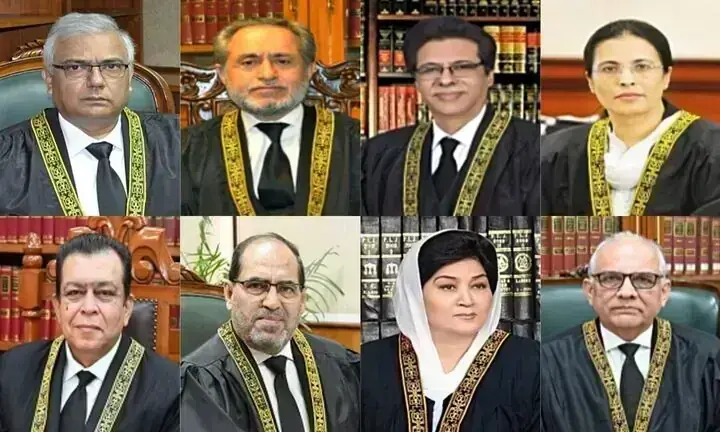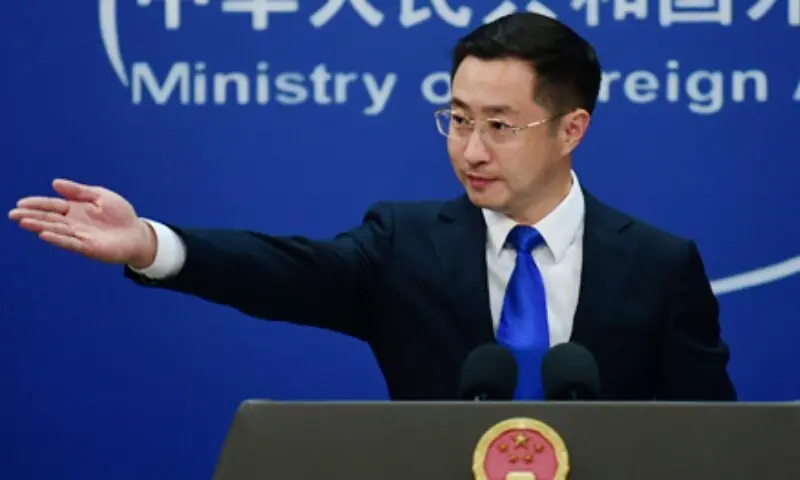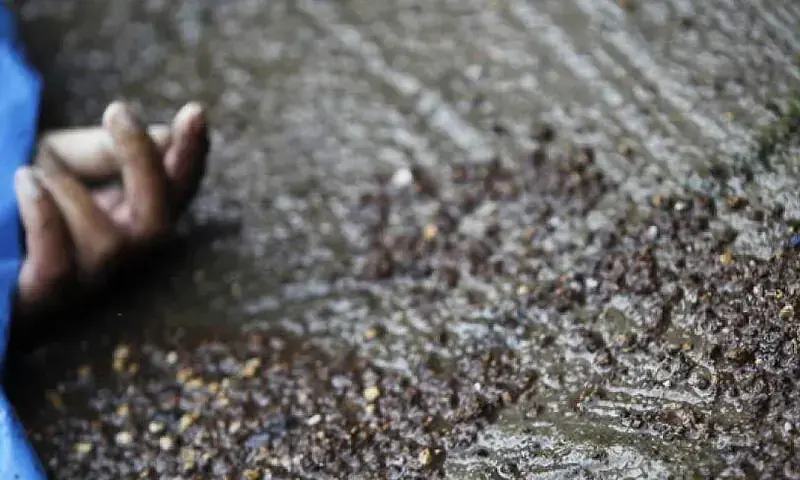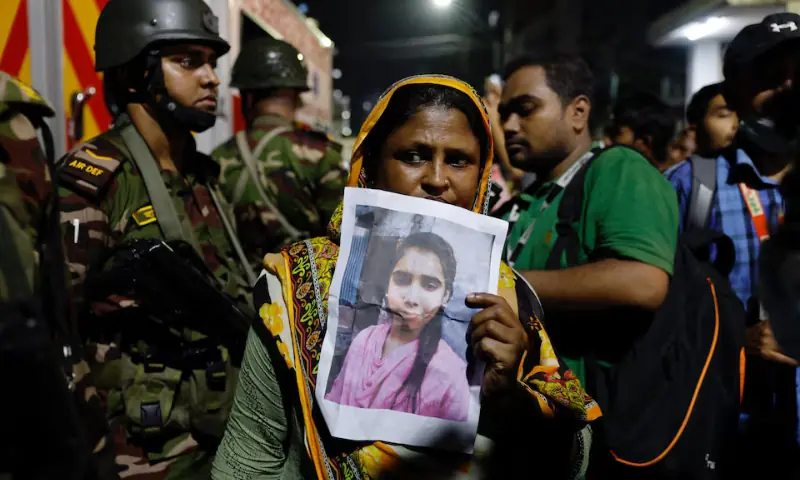An eight-judge Constitution Bench (CB) of the Supreme Court on Tuesday heard arguments on whether it can issue orders to form a full bench to hear petitions against the 26th Amendment.
The amendment was passed by parliament during a night session in October last year, and the PTI claimed that seven of its lawmakers were kidnapped to curry favor as the party opposed the legislation. The Balochistan National Party-Mengal (BNP-M) also alleged that its two senators were being misled, and both subsequently defied the party line to vote in favor of the adjustments.
The legislation, which altered judicial authority and mandate, has been a focus of debate with opposition parties and legal experts questioning its impact on the independence of the judiciary.
The adjustments removed the suo motu powers of the SC, fixed the tenure of the Chief Justice of Pakistan (CJP) at three years and empowered a Special Parliamentary Committee for the appointment of the CJP from among the three most senior judges of the SC. It also paved the way for the formation of the CB, which is now hearing petitions against the very legislation that allowed its establishment.
The CB hearing the pleas is headed by Justice Aminuddin Khan and also includes Justices Mandokhail, Muhammad Ali Mazhar, Ayesha Malik, Syed Hasan Azhar Rizvi, Musarrat Hilali, Naeem Akhtar Afghan and Shahid Bilal Hassan.
Former President of the Supreme Court Bar Association (SCBA), Abid Shahid Zuberi, continued his arguments today. The hearing was adjourned until 11:30 a.m. tomorrow.
The live broadcast of the hearing began with a delay of about 40 minutes due to internet problems. Pakistan Telecommunications Limited (PTCL) has said that users would experience degraded internet services today while an undersea cable is being repaired.
So far, Zuberi, Lahore High Court Bar Association (LHCBA) lawyer Hamid Khan, Balochistan High Court Bar Association (BHCBA) lawyer Munir A. Malik and the petitioner lawyer Salahuddin Ahmed have presented their arguments. They have sought the formation of a 16-member “full court” based on the number of judges present in the SC in October 2024, when the Amendment was passed.
The judges have questioned whether the CB has the power to issue orders for the constitution of a full court, as requested by the petitioners.
The court will first determine whether the challenges should be heard by a full court consisting of all available SC judges or by the eight-judge CB itself, before deciding on the legality of the 26th Amendment.
The case was initially taken up in January and after the CB approved the petitioners’ application, the proceedings were live-streamed on the SC’s YouTube channel from October 8.
the audience
“There are problems with the Internet today. Live streaming will not be possible,” Justice Aminuddin said at the start of today’s hearing. Judge Mazhar also said the YouTube live streaming link was not working and asked staff to “check whether it could be so”.
Zuberi then cited several previous court verdicts to support his arguments.
“A party cannot raise an objection to the judge. The judge has the authority [to decide] whether to hear a case or not,” said the former SCBA president.
When Zuberi reiterated his request for a “full court”, Justice Mandokhail commented: “Don’t say a full court; say ‘those judges who were present before the Amendment’.”
the requests
The 26th Amendment had been challenged by various bar associations, bar councils, lawyers, the PTI and some politicians. The SC is also receiving separate petitions seeking formation of a full bench to hear the matter, instead of the CB.
The petitioners have asked the high court to strike down the entire 26th Amendment on grounds of procedural irregularity if it is determined that the required two-thirds of the legally elected members of each House did not freely exercise their right to vote in favor of it as required by Article 239, which details bills and their passage to amend the Constitution.
Alternatively, the petitioners argued, the court should strike down certain provisions of the 26th Amendment because they substantially undermine the independence of the judiciary, which is a prominent feature of the Constitution.
These included provisions for the JCP to carry out annual performance reviews of High Court judges in section 175A(1) and sections 175A(18) to (20); the provisions relating to the appointment of the CJP are the replacement of Article 175A (3), and the provisions for the constitutional chambers of the TS and the high courts.
The petitioners also questioned the constitutionality of the constitutional courts, arguing that the SC should declare invalid all amendments for which the votes of such members whose electoral disputes were pending were necessary to reach the numerical threshold prescribed in Article 239.
They also called for the Practice and Procedure Act 2024 and the Supreme Court (Number of Judges) Act 2024 to be declared unconstitutional, void ab initio and of no legal effect as they arise from an “unconstitutional” amendment and represent an attempt to achieve unconstitutional designs.
More to follow








